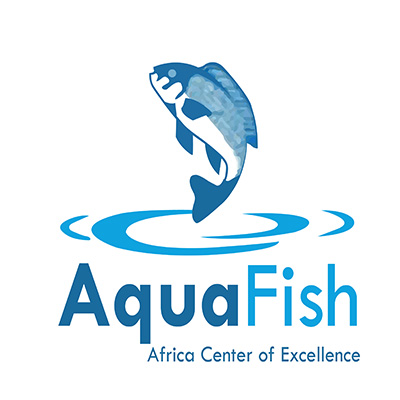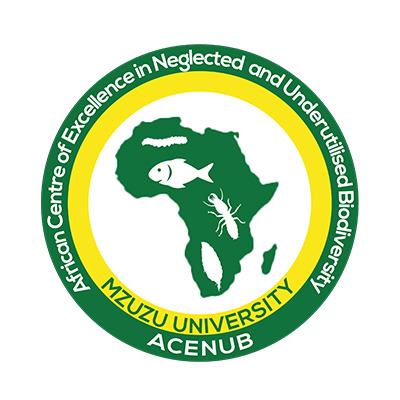In collaboration with the governments of Ghana, Malawi and Mozambique, the World Bank Group (WBG), the Inter-University Council for East Africa (IUCEA) and the Regional University Forum for Capacity Building in Agriculture (RUFORUM) are jointly launching an appeal to proposals under the Centers of Excellence for Higher Education in Eastern and Southern Africa (ACE II) project.
This initiative is part of the preparation of a proposed ACE II-AF Supplementary Funding Project to be considered by the WBG Board in May 2022. The main objective of the proposed project is to strengthen links between universities in participating countries and the needs of the region’s agricultural sector by strengthening (i) education and training related to
agribusiness reinforced by transdisciplinary approaches and applied research; (ii) the links between the university and the regional agricultural sector – its priorities, needs and actors; and (iii) academic partnership with public and private entities linked to agribusiness within and outside the region.
ACE II AF is the result of extensive consultations with the Governments of Ghana, Malawi, Mozambique on the one hand and IUCEA and RUFORUM on the other. Six main regional gap areas were identified and prioritized for this project: (i) agribusiness and entrepreneurship; (ii) agri-food systems and nutrition; (iii) analysis of agricultural policy; (iv) management of agricultural risks and climate change; (v)
rural innovations and agricultural extension; and (vi) statistical analysis, forecasting and data management. The project will support the governments of the three participating countries to collectively address challenges in the above key areas by (a) selecting African Centers of Excellence (ACEs) through a competitive and transparent process among higher education institutions that have a certain capacity
research and training in agriculture; (b) strengthen selected universities by professionalizing leadership and management, streamlining administration and empowering faculty in order to produce excellent quality training and applied research that can meet staffing needs
highly qualified and transfer knowledge to the agri-food sector; (c) create networks between these institutions to promote regional collaboration, foster partnerships with other institutions, including training industries and applied research, in order to produce innovative solutions with real impact on development; and (d) develop a culture of results and accountability in institutional management through a performance-based financing mechanism. As a regional project, ACE II AF will be governed by its Regional Steering Committee (RPC) and facilitated by its Regional Facilitation Unit (RFU). ECAs will be selected through a competitive and transparent process. Submitted proposals will be evaluated by an independent evaluation committee and the CRP will make the final selection decision. Interested institutions must meet all of the following eligibility criteria: (i) act as participating countries; (ii) offer one or more doctoral programs or demonstrate availability to offer a doctoral program; and (iii) have programs in at least two subject areas related to one of the regional gap areas. Proposals must cover the following elements: Capacity building to provide high-quality regional agricultural training to address challenges in at least two key gap areas; a)develop capacity to face emerging challenges, such as COVID-19, b) (i) act as participating countries; (ii) offer one or more doctoral programs or demonstrate availability to offer a doctoral program; and (iii) have programs in at least two subject areas related to one of the regional gap areas. Proposals must cover the following elements: Capacity building to provide high-quality regional agricultural training to address challenges in at least two key gap areas; a)develop capacity to face emerging challenges, such as COVID-19, b) (i) act as participating countries; (ii) offer one or more doctoral programs or demonstrate availability to offer a doctoral program; and (iii) have programs in at least two subject areas related to one of the regional gap areas. Proposals must cover the following elements: Capacity building to provide high-quality regional agricultural training to address challenges in at least two key gap areas; a)develop capacity to face emerging challenges, such as COVID-19, b) Building capacity to provide high-quality regional agricultural training to address challenges in at least two key gap areas; a)develop capacity to face emerging challenges, such as COVID-19, b) Building capacity to provide high-quality regional agricultural training to address challenges in at least two key gap areas; a)develop capacity to face emerging challenges, such as COVID-19, b)
develop capacity to carry out applied research to address the challenge(s); c) the strength of partnership (national and international) and the ability to network and provide capacity development for TVET and other higher education institutions; (d) establish and strengthen collaboration
national, regional and interregional university to improve the quality of higher agricultural education and training; e) partnerships with relevant agro-industrial institutions involved in the processing, storage and distribution of agricultural products f) the creation and use of industry/sector partnerships to increase the project’s development impact and increase the relevance of these teaching and research centers; g) strengthen the governance and management of ACE and participating universities to improve monitoring and evaluation; and h) demonstrated evidence of the candidate university’s commitment and willingness to play a leading role in transforming agriculture in the target country.
For more information, please contact Dr. Jonathan Stephen Mbwambo, email: jmbwambo@iucea.org or Prof. Majaliwa Mwanjalolo, email: m.majaliwa@ruforum.org









